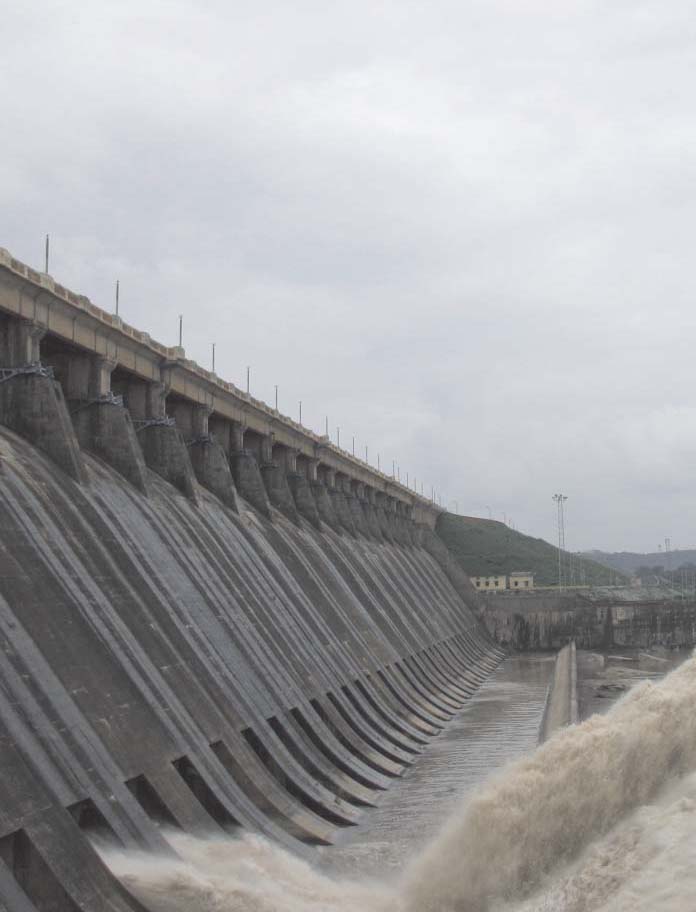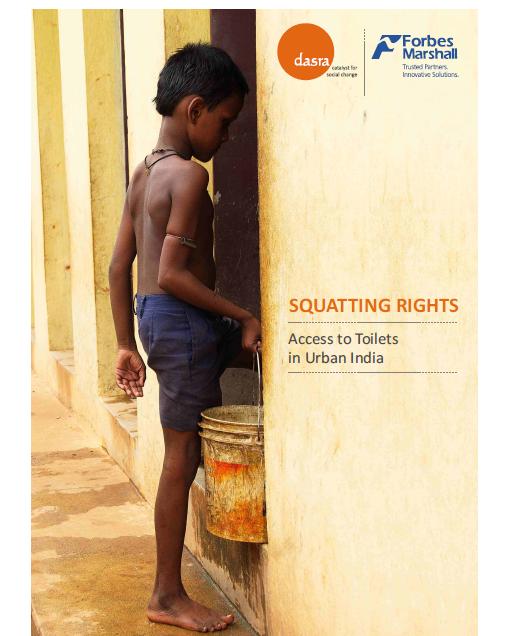Equity
A comprehensive study of gender issues in slums through JAGORI research: News and policy update from India WASH Forum e-newsletter-October (2012)
Posted on 25 Nov, 2012 06:08 PMThis bi monthly e-Newsletter by the India WASH Forum provides excerpts of the JAGORI study from two slums of Delhi in 2010-11 that look at gender concerns in the context of slum sanitation in India and make some very useful recommendations.
National conference by IRRAD and UNICEF on women-led water management: Strategies towards water sustainability in rural India
Posted on 22 Nov, 2012 05:07 PMThe Institute of Rural Research and Development (IRRAD) and UNICEF India hosted this National Conference on Women-led Water Management .
A report on the national conference on women-led water management organised by IRRAD
Posted on 20 Nov, 2012 02:59 PMNearly 70% of India’s 1.2 billion people live in rural areas, many of which face unprecedented water shortages.
Floods, fields and factories: Towards resolving conflicts around the Hirakud Dam
Posted on 27 Oct, 2012 08:13 PM This action research report by the Forum for Policy Dialogue on Water Conflicts in India maps the variegated issues contributing to the water conflicts ar
This action research report by the Forum for Policy Dialogue on Water Conflicts in India maps the variegated issues contributing to the water conflicts ar
Certificate course in microfinance and rural livelihood, Centre for Microfinance, Jaipur, December 2012- March 2013, Apply by 25th November 2012
Posted on 21 Oct, 2012 11:12 PMOrganizers
Centre for Microfinance, Jaipur
About the course
The traditional fisherfolk of Kerala - Part II - An article describing the economy of fishing and the role of women in the activity of fishing
Posted on 16 Oct, 2012 04:02 PMThe economy of fishing among the traditional fisherfolk of Kerala is based on three operations such as harvesting or catching of the fish, the processing of fish and the marketing of fish.

Videos - CIVIC's work on water and sanitation in slums of Bangalore, Karnataka
Posted on 12 Oct, 2012 07:13 PMSince its inception in 1992, CIVIC’s (Citizens’ Voluntary Initiative for the City) work has revolved around urban issues, especially realizing social equity in the growth of Bangalore through the 74th Constitutional Amendment Act (or the Nagarapalika Act, an Act under the Constitution of India that defines how cities/towns in India need to b
Squatting rights - Study by Dasra highlights the issue of access to toilets in urban India
Posted on 10 Oct, 2012 08:11 PM Dasra, a strategic philanthropy foundation in collaboration with Omidyar Network and
Dasra, a strategic philanthropy foundation in collaboration with Omidyar Network and
Caste discrimination in disaster situations in India - Reports by National Dalit Watch
Posted on 21 Sep, 2012 11:00 AMThe National Dalit Watch (NDW), an effort spearheaded by the National Campaign on Dalit Human Rights has prepared a number of reports on rampant caste discrimination and the urgent need for protection of human rights, particularly Dalit human rights during disaster situations.
National water framework law – An explanatory note developed by the Sub-Group of Planning Commission’s Working Group on Water Governance for the Twelfth Plan
Posted on 19 Sep, 2012 05:30 PMThis explanatory note by the Planning Commission on the national water law begins with an account of why a national water law is necessary.




